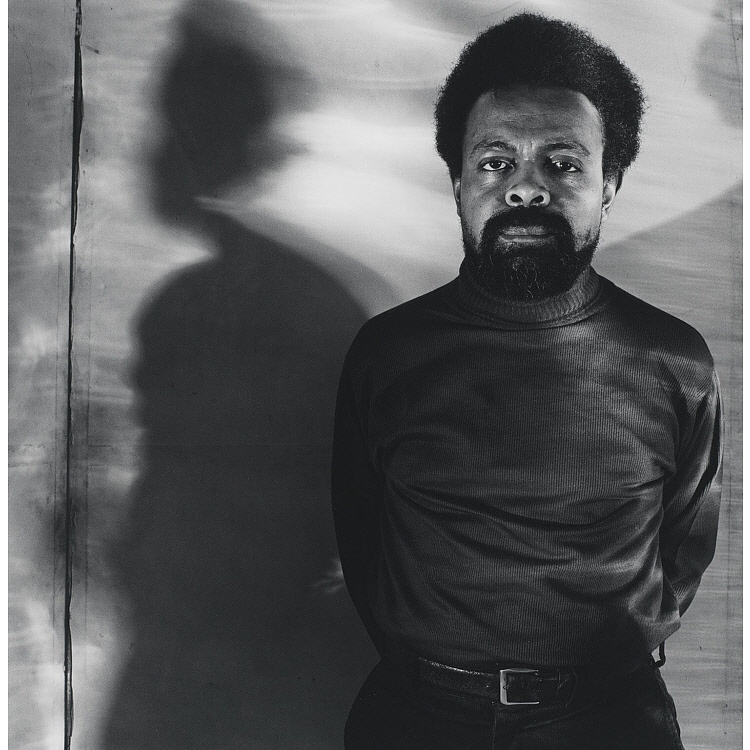I am inside someone
who hates me. I look
out from his eyes. Smell
what fouled tunes come in
to his breath. Love his
wretched women.
Slits in the metal, for sun. Where
my eyes sit turning, at the cool air
the glance of light, or hard flesh
rubbed against me, a woman, a man,
without shadow, or voice, or meaning.
This is the enclosure (flesh,
where innocence is a weapon. An
abstraction. Touch. (Not mine.
Or yours, if you are the soul I had
and abandoned when I was blind and had
my enemies carry me as a dead man
(if he is beautiful, or pitied.
It can be pain. (As now, as all his
flesh hurts me.) It can be that. Or
pain. As when she ran from me into
that forest.
Or pain, the mind
silver spiraled whirled against the
sun, higher than even old men thought
God would be. Or pain. And the other. The
yes. (Inside his books, his fingers. They
are withered yellow flowers and were never
beautiful.) The yes. You will, lost soul, say
‘beauty.’ Beauty, practiced, as the tree. The
slow river. A white sun in its wet sentences.
Or, the cold men in their gale. Ecstasy. Flesh
or soul. The yes. (Their robes blown. Their bowls
empty. They chant at my heels, not at yours.) Flesh
or soul, as corrupt. Where the answer moves too quickly.
Where the God is a self, after all.)
Cold air blown through narrow blind eyes. Flesh,
white hot metal. Glows as the day with its sun.
It is a human love, I live inside. A bony skeleton
you recognize as words or simple feeling.
But it has no feeling. As the metal, is hot, it is not,
given to love.
It burns the thing
inside it. And that thing
screams.
Published:
1964
Length:
Regular
Literary Movements:
Black Arts Movement
Anthology Years:
2023
Themes:
Bilingual
Identity
Intersectionality & Culture
Poems of Place
Literary Devices:
Anaphora
a figure of speech in which words repeat at the beginning of successive clauses, phrases, or sentences
Imagery
visually descriptive or figurative language, especially in a literary work
Personification
the attribution of human qualities to a non-human thing
Sensory Detail
words used to invoke the five senses (vision, hearing, taste, touch, smell)
Simile
a comparison between two unlike things using the words “like” or “as”

